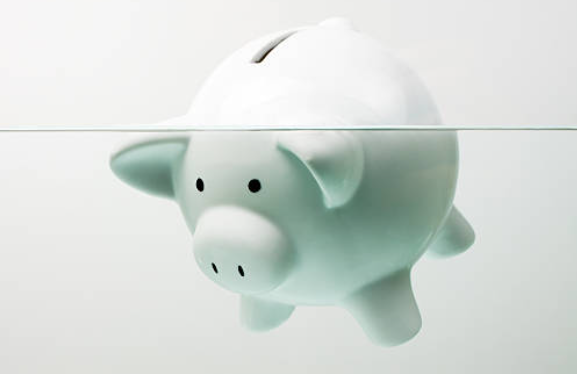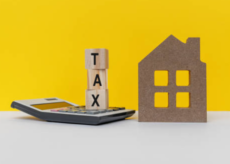3 Reasons BAD DEBT Hurts Financial Freedom

Bad debt won’t hurt you just today, it will continue to hurt the borrower in the long run. The only thing is that people fail to realize it. In this article, you will understand how to realize that bad debt is affecting you and how it can be eliminated to a great extent.
First of all, are all debts bad?
Of course, having debt is never better. But debt put to good use has its advantages. Either way it is very important that we know how to distinguish between the two.
The Differences Between Bad Debt and Good Debt
Both types of debt refer to borrowed money. The sources is usually any financial institution, but it can also be borrowed from your acquaintances. Now it’s up to you to pay off that debt.
Examples of bad debt:
Bad debt, even when taken with the good intentions, is debt that is used to acquire a depreciating asset. What does this mean? It is buying something that will lose value over time.
It usually comes with very high interest rates, unfriendly payment terms, and very little transparency. Think credit card debt or debt taken to buy an iPhone or expensive car.
Examples of good debt:
Then there good debts. A mortgage is a perfect example. This is not just because mortgage rates are relatively low (in certain countries), or because they have long tenure, so your monthly payments are not huge. The main reason a mortgage is a good debt is because when you finish paying it off, you will have a very valuable asset on your hands that will also have gone up in value over time. But remember that, when buying a mortgage you need to calculate the appreciation after deducting the interest payment over time. In addition, it is an asset that you can live on and build equity that can be later inherited.
However, defaulting on good debt can very easily turn it into bad debt. It is important to remember that defaulting on your credit will hurt your credit score.
Check out: Good debt vs bad debt
3 ways bad debt is hurting your personal finances
Getting a loan, unfortunately, is often out of necessity rather than for the sake of it. What’s worse, this emergency debt is often bad debt. But even worse, bad debt can profoundly impact the borrowers financial plans in the following ways:
- More interest is paid
Bad debt usually comes with very high interest rates (e.g. personal loan or credit card). Therefore, the longer this debt is carried, the more the interest the borrower will end up paying. Here’s a simple rule of personal finance:
Any interest payment on bad debt is money spent
Paying interest on good debt is not something we want to do either, but it has positive impact in the long run.
(2) You are missing out on investment and savings opportunities
It’s easier to make money when you already have it. But earning more money becomes difficult, if it’s all going into interest payments. This is why we recommend that you have a savings fund to be able to pay off those unexpected debts and avoid so many interest payments.
Money that goes to interest payments is money that does not generate interest income. Let’s look at an example:
Suppose you are paying $5000 in pure interest on your personal loan taken for a foreign trip in the span of 5 year. But if you had paid off your debt earlier with an emergency savings fund, you might have saved a good amount. When you have $5000 free to invest, you put it into a fixed deposit that gives you a 7% annual return. You leave that investment for 5 years. Yes, that is a long time, but on the other hand, you would have anyways paid that money to the bank. At the end of that period, you would have ~$7100. That is, interest income of ~$2100.
- Limiting your income can cause you more debt in the future.
The more debt owed, the more income you use to pay interest on those debts. That’s obvious. But, it also becomes more complicated to pay debts in case you have an inconvenience.
For example, your car breaks down and now it costs you $10,000 to repair it. That’s $10,000 you didn’t expect. You may have to stop paying some debt. If you stop paying it, your credit score will go down. Now when you need a new credit, the lender will give you an even higher rate because they see you as a riskier customer.
It’s basically a cascading effect. The hard part is that escaping from is difficult but not impossible.
How to eliminate bad debt?
High interest rates are undoubtedly terrible. But multiple credit card debts can be combined into one credit. Not only that, but you can even set up automatic payments so you never miss a payment.

Hi, I am Nikesh Mehta, owner and writer of this site. I’m an analytics professional and also love writing on finance and related industry. I’ve done online course in Financial Markets and Investment Strategy from Indian School of Business. I can be reached at [email protected].



